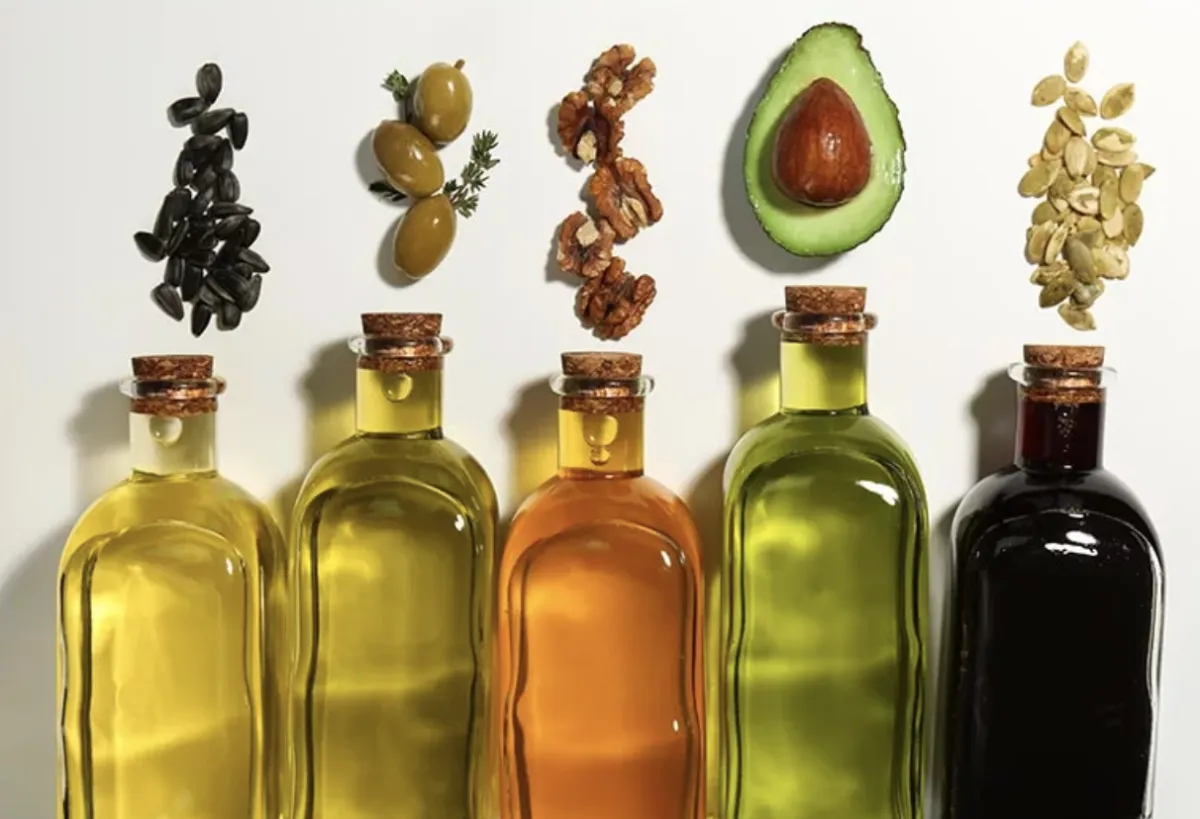
Should You Worry About Seed Oils? Science Says…
What's with all the furor over seed oils?
Canola, sunflower, safflower, soybean--the “vegetable oils” you see on grocery shelves and in packaged foods--have been deemed "toxic" by influencers. The U.S. Secretary of Health has condemned them.
Should you be worried?
The research says....
🔬 Long‑term studies following hundreds of thousands of people found that replacing saturated fats (like butter or lard) with plant‑based oils — including seed oils — is linked to better heart health and longer life.
🔬 One study found a 17% lower risk of early death resulted from swapping just 2 teaspoons of butter for a plant oil each day.
🔬 The American Heart Association reports that plant oils, especially soybean oil, can cut heart disease risk by nearly 30%.
🔬 Controlled clinical trials have found that in reasonable amounts, canola oil reduces cardiovascular risk factors.
The devil's in the......math!
Seed oils are high in omega‑6 fatty acids, which some say promote inflammation.
Research doesn’t support the idea that omega‑6 from foods drives harmful inflammation.
Higher blood levels of omega‑6 are linked to lower cardiovascular risk.
We need 1–4 times more omega‑6 than omega‑3--the average American gets closer to 16 times more, mostly because omega‑3 intake is too low.
We don't need to get more omega-3 and less omega-6. Omega-6 is essential!
We need to bring the ratio closer to balance by eating more omega‑3‑rich foods (like fish, walnuts, or flax) rather than slashing omega‑6.
Not all seed oils are the same. Canola oil, for example, has a roughly 2:1 omega‑6 to omega‑3 ratio.
Omega-6 fatty acids from your diet aren’t pro-inflammatory.
Canola oil and sunflower oil are less healthy than almost any other vegetable or nut oil (assuming you don't have an allergy).
But "not as good" doesn't = "dangerous."
Processing fears
Another charge against seed oils is that the refining process removes nutrients and uses toxic chemicals (like hexane).
The refining process removes some antioxidants, but not all. Some oils, like soybean oil, still contain plenty of vitamin E even after refining.
Most seed oils are refined for stability and a neutral flavor, but nearly all of the hexane is removed long before the oil reaches your kitchen.
To avoid hexane, choose extra‑virgin olive oil, avocado oil, or any organic oil (organic oils can’t be made with hexane).
Refined seed oils are safe for cooking--a far cry from “toxic.”
The real issue
Seed oils are frequently used in fried foods and ultra‑processed snacks.
Researchers believe that's why seed oils, typically canola and sunflower, are associated with cardiovascular disease in studies.
The health risk isn’t from the oil, it’s from the fried and ultra‑processed foods that often contain it. Those low‑nutrient foods aren't healthy, no matter what oil they’re cooked in.
Seed oils aren't great.
Extra‑virgin olive oil and avocado oil are preferred choices, but in moderation, seed oils are fine, even heart‑healthy.
Prioritize vegetables, fruits, whole grains, and lean proteins, and minimize fried and ultra‑processed foods--whatever oil they’re cooked in!